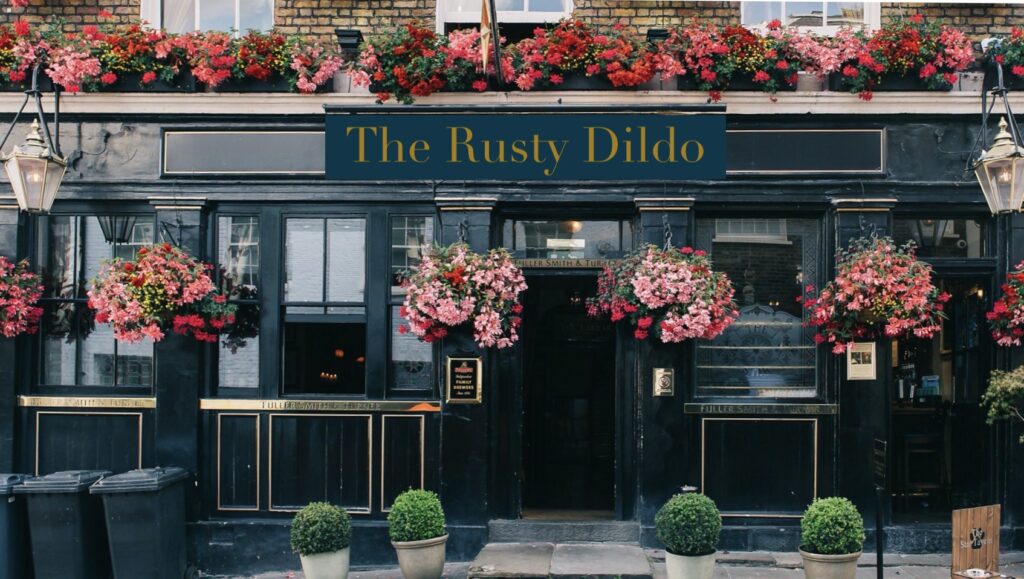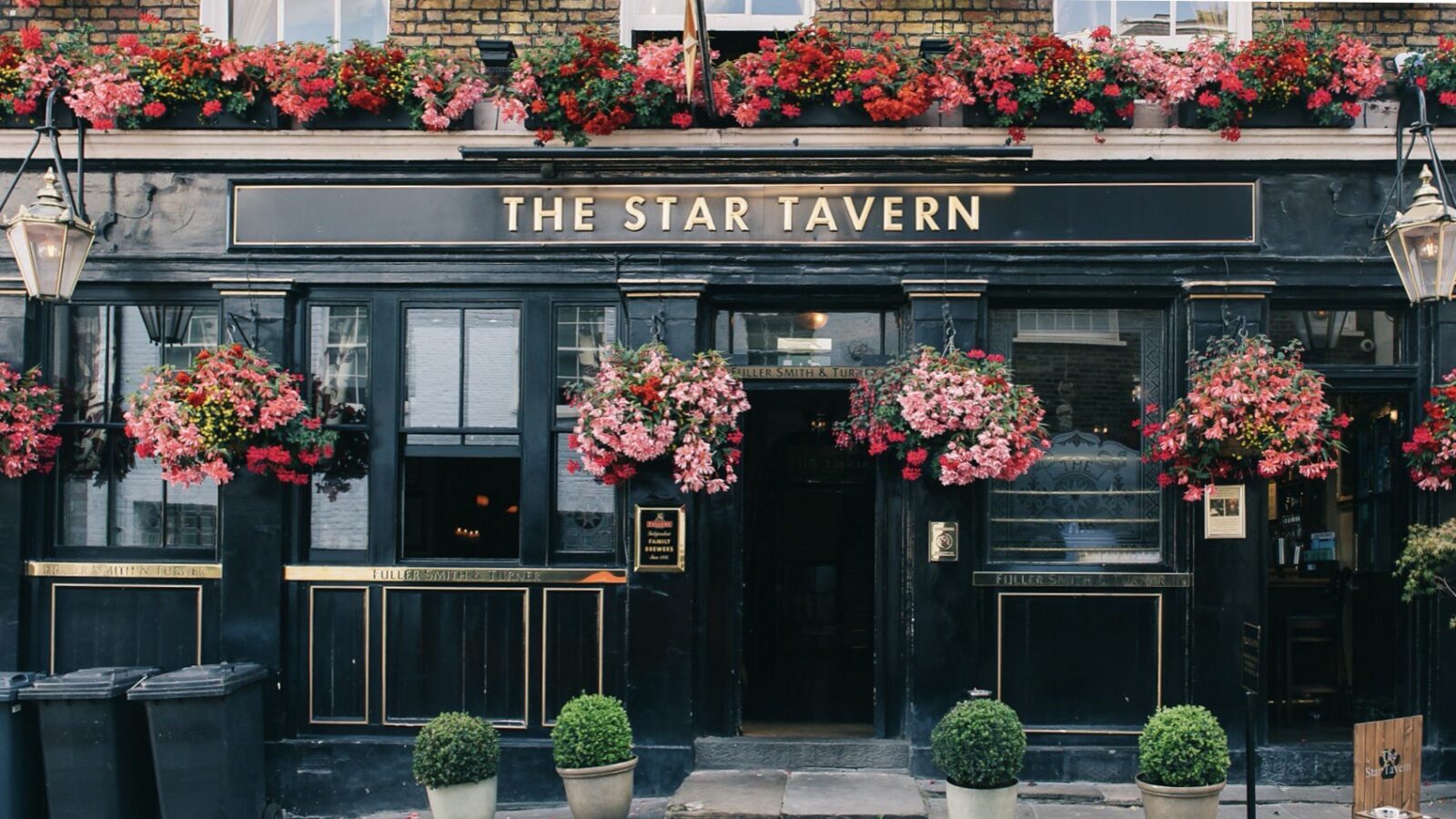Are you impeccable with your diction?
Language creates our realities.
Words can inspire, provoke, anger, wound, enlighten, befuddle, astonish, delight, demean, denigrate…
The possibilities appear endless, infinite.
The ability to use words to symbolize what we feel is an essential part of life, an indispensible component of therapy, and one of the most vital ingredients of literature.
Elizabeth Gilbert’s “Eat Pray Love” is a masterpiece because she is a master of conveying emotions through analogies and metaphors. She writes sentences such as, “Having a baby is like having a tattoo on your face. You kind of want to be committed” and “As smoking is to the lungs, so is resentment to the soul; even one puff is bad for you.”
In Martin Amis’ satirical novel “Money,” Amis names the model of the main character’s expensive sportscar “Fiasco,” which sounds like a combination of Fiat and Fiero. There is something particularly telling about a character who doesn’t realize that the name of the model of his automobile perfectly describes what shall happen to his life.
Irony… satire… farce… the subtle nuances of language that give so much color, tone, flavor.
I teach that one of the entrances into our unconsciouses — along with dreams and magic — is jokes. Aside from typical Jungian archetypes, I know very little about interpreting dreams, but I do know that magic and jokes have set-ups, misdirections, and pay-offs.
Set-up: A golfer about to putt suddenly stops when he spies a funeral procession passing on the adjacent road. He takes off his hat, holds it over his heart, and bows his head as the cars go by.
Misdirection: His golfing buddy says, “Jeez, I never realized you were so pious!”
Pay-off: The golfer responds, “It’s the least I can do. We were married for 47 years!”
If I just said, “A man went golfing instead of attending his wife’s funeral” you probably wouldn’t think it was very funny. That’s why comedians must understand the parallel story lines that exist in our unconsciouses and (mis)direct us away the imaginable. If you had imagined the pay-off or punchline, then you would not have laughed.
We are “parlêtre,” according to Lacan. “Parler” is to speak; “Etre” is to be. We are “speaking beings.” Language is the bridge between our individually perceived realities. We depend on it for propriety, agreement, civil order… everything. Conversations allow us to connect with others and determine if they are friend or foe, if they are members of our “tribe” or not. Human beings, although we now mostly live apart from our extended families, remain essentially tribal. We use language to ensure that we are safe around other people.
“I love the Chiefs! They’re going to romp on Sunday.”
“The Chiefs suck! Got no defense. The 49ers are going to destroy them!”
Here are two people bonding over their common love for football. They are members of the same tribe. They can trust each other.
Or…
“I used to wear Givenchy and I switched to Chanel.”
“Really? I’ve been wearing Dior since college.”
Two people bonding over their mutual love for haute couture. They are members of the same tribe. They can trust each other.
Establishing trust is essential for all relationships. Thousands of years ago, if a tribe member transgressed he was thrown out of the tribe. If another tribe found him alone they would know he had done something wrong and that they shouldn’t trust him either. This was a great incentive not to betray your tribe — because without them you would die.
The stakes are no longer so high, but it is easy to witness tribalism in the media today with very little cross-pollination of political views and social mores.
Social mores are delineated through language and to emphatically express emotions people tend to speak hyperbolically. When I was young someone might decline a particularly unappealing invitation with a phrase such as, “I’d rather eat glass.” Recently I asked a patient if she would be attending a particular Hollywood party and she replied, “I’d rather run into a wood-chipper!”

A slow, painful, gory death by a thousand blades seems highly unpleasant. Could an afternoon of champagne and blinis be tantamount to such a fate?
I guess so.
One of THOSE parties. A room full of status-craving narcissists playing one-upmanship name-dropping contests. Inevitably an ego-bruising, spirit-crushing Sunday afternoon. But luckily there is therapy on Monday so if she did attend said fête she could safely process the horrors she endured the next day. Therapy is a safe space where people can be authentic, express their true emotions, and confidentially enjoy being somewhat politically incorrect.
Another time when I suggested that a patient try online dating after going through a rough divorce, she replied with…
“That sounds as much fun as a rusty dildo!”
“What a wonderful name for a British pub in a Martin Amis novel,” I offered, normalizing her preemptive disdain for online dating. “C’mon guys, let’s grab a pint or three at Ye Olde Rusty Dildo!”
We laughed together at the absurdity of a bar called “The Rusty Dildo” and what type of people might gather there.
You never know whether it is going to be a pair of Chuck Taylors or a Cartier bracelet that will be the sign needed to establish tribal trust with another human.
Or maybe similar tastes in humor are extremely bonding?
Sometimes therapy is not only fun, but also funny.
And if you can’t make it to therapy this week, then feel free to join our tribe this weekend for a pint or three down at The Rusty Dildo.
We’ll be sharing a laugh.



